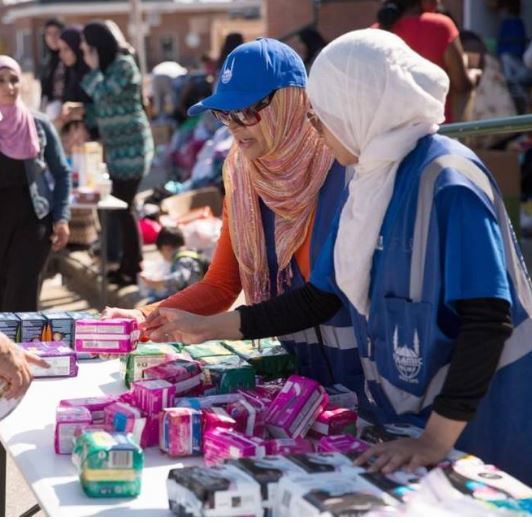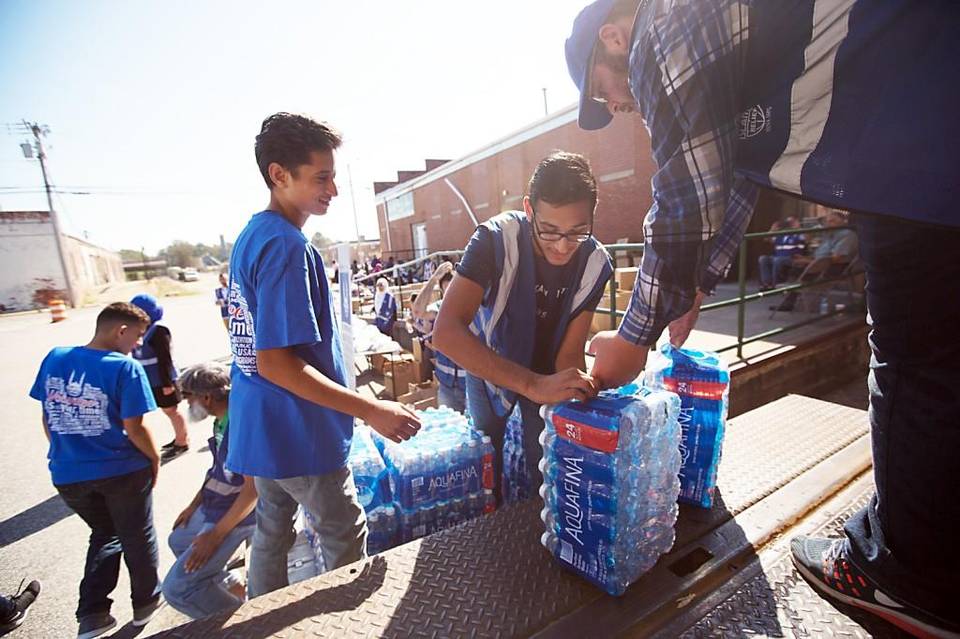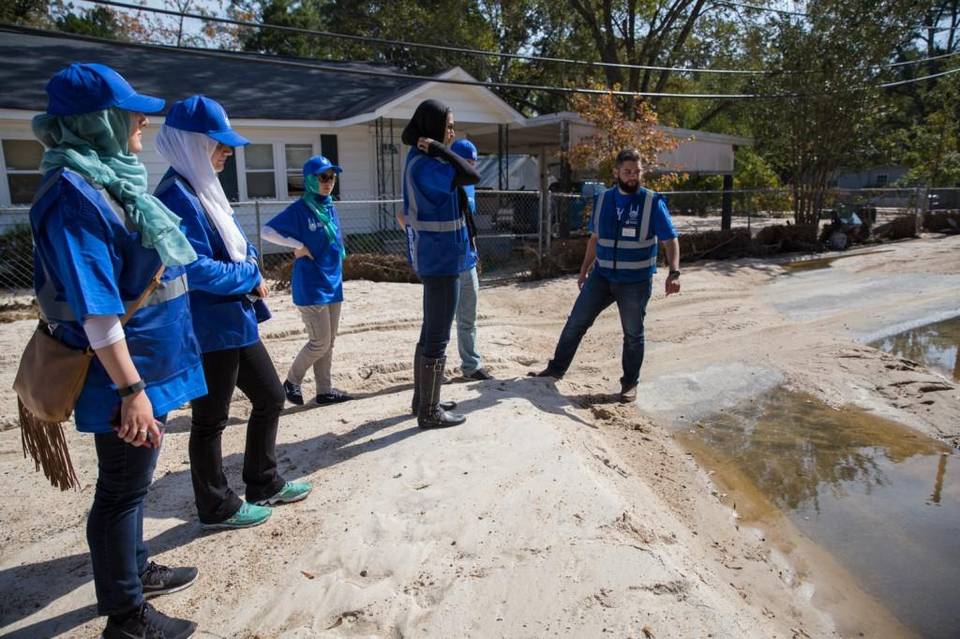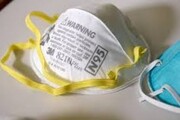Hawzah News Agency- Islamic Relief flew to North Carolina from California, Oregon, Texas, Washington, D.C., and Florida to help Hurricane Matthew victims in eastern parts of the state. When they entered Purnell Swett, a rural high school that had been transformed into a shelter for more than 800 people displaced from their homes by flooding, some stared and asked them questions.
Volunteers from the charity have grown used to the stares. As they visit areas to serve in the months leading up to the 2016 election, they have found themselves thrust into the role of unofficial ambassadors for their faith.
“Our faith tells us to want for your brother what you want for yourself,” Hani Hamwi, 29, disaster response team manager at Islamic Relief USA. “Before there was a negative rhetoric about Muslims, Islamic Relief was working in communities, training people to respond to disasters. That’s the focus of our work. We’ve been doing this for a long time.”
“I think people find that there is common ground between us, way more than they thought,” said Nazreena Jaffry, 28, a volunteer from California.
At Purnell Swett, some shelter residents and local volunteers told the Islamic Relief team that they had never met Muslims before. The majority of them were welcoming, thanking the team for its service.
“We tried to be emotionally there for them,” said Unis Barakat, 22, a volunteer from California.
During their 10-day visit to North Carolina, the Islamic Relief volunteers say they received words of thanks from countless hurricane victims, local residents and other volunteers for their efforts.
They visited a local mosque to hand out water bottles and hygiene kits. One woman told them, “I really appreciate everything you guys have done, because there are people out there who don’t know who you are and don’t care about it ... You can tell the love and care you have for humankind.”
This year, Islamic Relief volunteers have responded to eight domestic disasters, including floods in Louisiana and Texas, tornadoes in Oklahoma, wildfires in Washington and water contamination in Michigan. They have not always been welcome in the areas they serve. In some cases, they have been told to leave and threatened with arrest.
One Red Cross volunteer in North Carolina was surprised after meeting the team.
“He told us we’d changed his perspective on Muslims,” Chowdhury said. “But then he said, ‘It’s sad that it takes a disaster to bring us together.’”





Your Comment